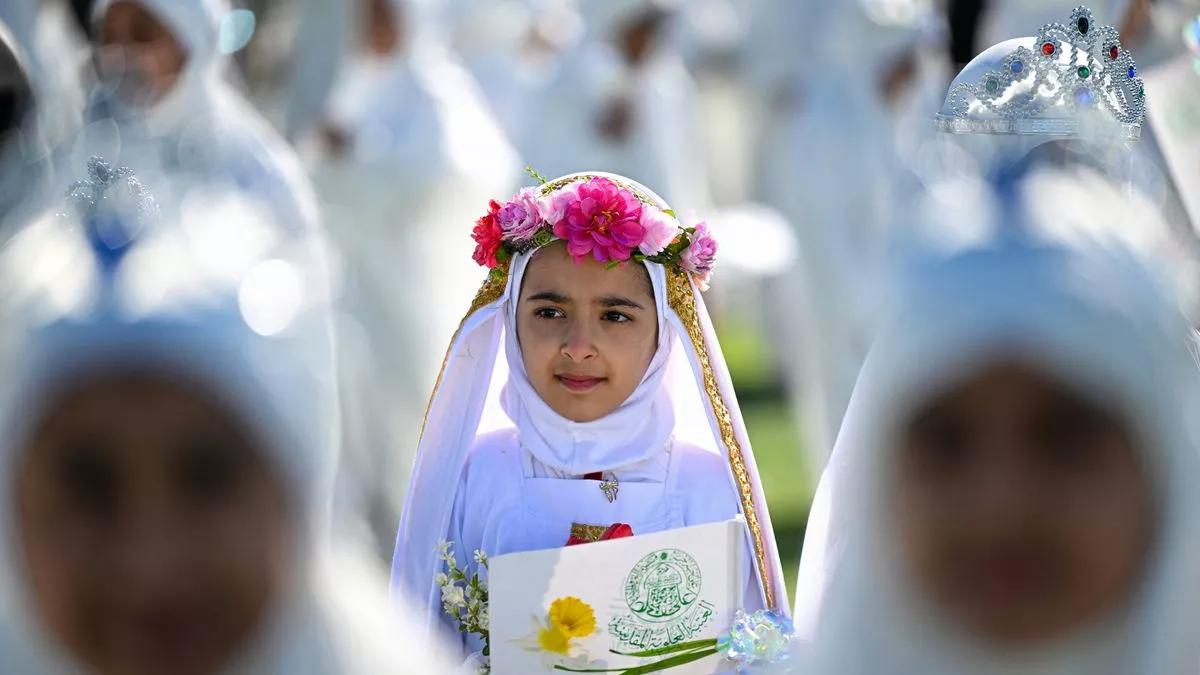Iraq has passed a law that would legalise the marriage of children as young as nine.
Three divisive laws have now been passed which give Islamic courts increased authority over family matters, including marriage, divorce and inheritance. Activists argue that this undermines Iraq’s 1959 Personal Status Law, which unified family law and established safeguards for women.
Iraqi law currently sets 18 as the minimum age of marriage in most cases. The changes passed Tuesday would let clerics rule according to their interpretation of Islamic law, which some interpret to allow marriage of girls in their early teens – or as young as 9 under the Jaafari school of Islamic law followed by many Shiite religious authorities in Iraq.
Proponents of the changes defend them as a means to align the law with Islamic principles and reduce Western influence on Iraqi culture.
The parliament also passed a general amnesty law seen as benefiting Sunni detainees and that’s also seen as giving a pass to people involved in corruption and embezzlement. The chamber also passed a land restitution law aimed at addressing Kurdish territorial claims.
Intisar al-Mayali, a human rights activist and a member of the Iraqi Women’s League, said passage of the civil status law amendments “will leave disastrous effects on the rights of women and girls, through the marriage of girls at an early age, which violates their right to life as children, and will disrupt the protection mechanisms for divorce, custody and inheritance for women.” The session ended in chaos and accusations of procedural violations.
“Half of the lawmakers present in the session did not vote, which broke the legal quorum,” a parliamentary official said on condition of anonymity because he was not authorized to comment publicly. He said that some members protested loudly and others climbed onto the parliamentary podium.
After the session, a number of legislators complained about the voting process, under which all three controversial laws – each of which was supported by different blocs – were voted on together.
“Regarding the civil status law, we are strongly supporting it and there were no issues with that,” said Raid al Maliki, an independent MP. “But it was combined with other laws to be voted on together…and this might lead to a legal appeal at the Federal Court.”
To Get More News, Click The Button Below.👇

